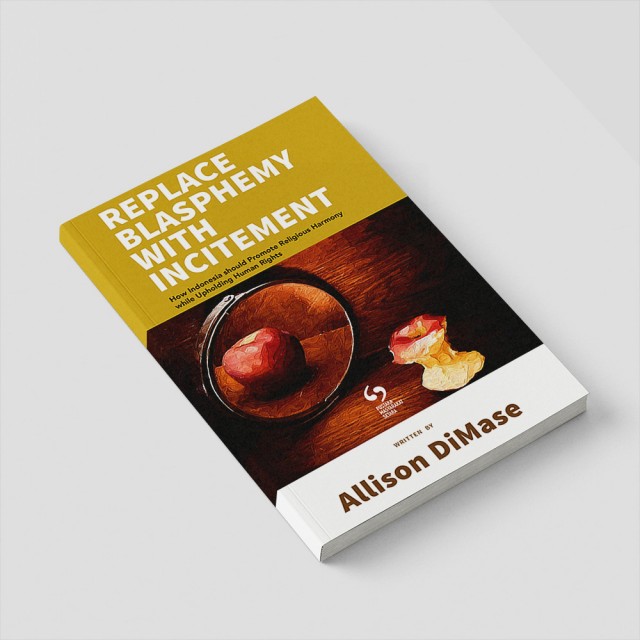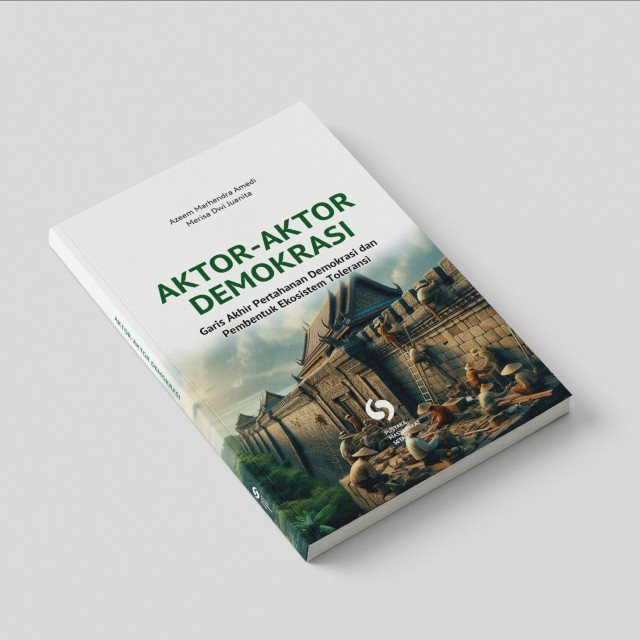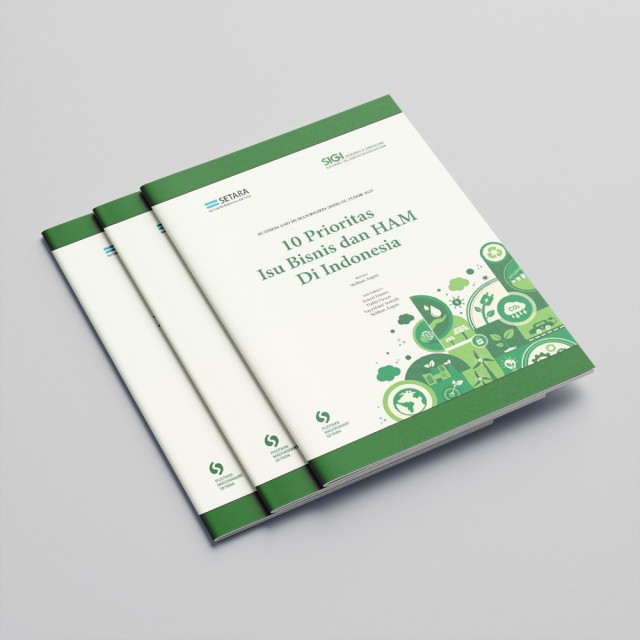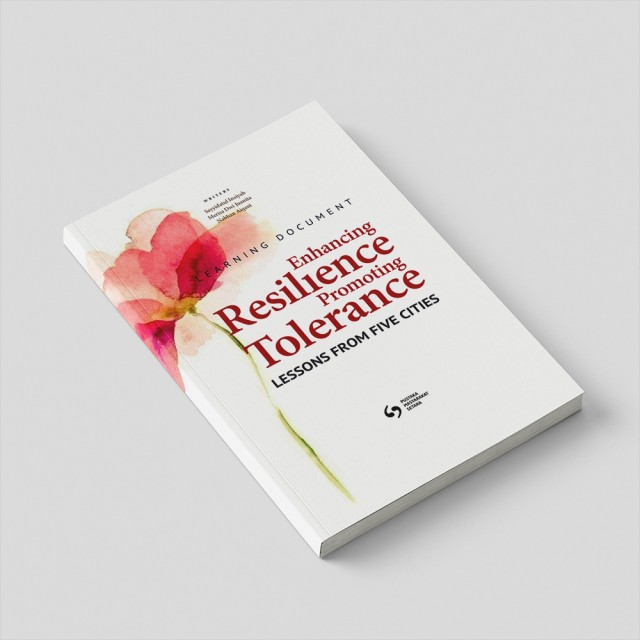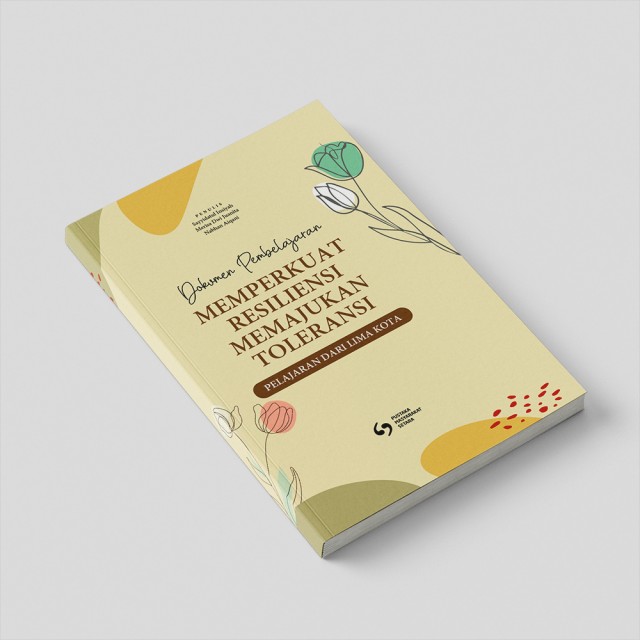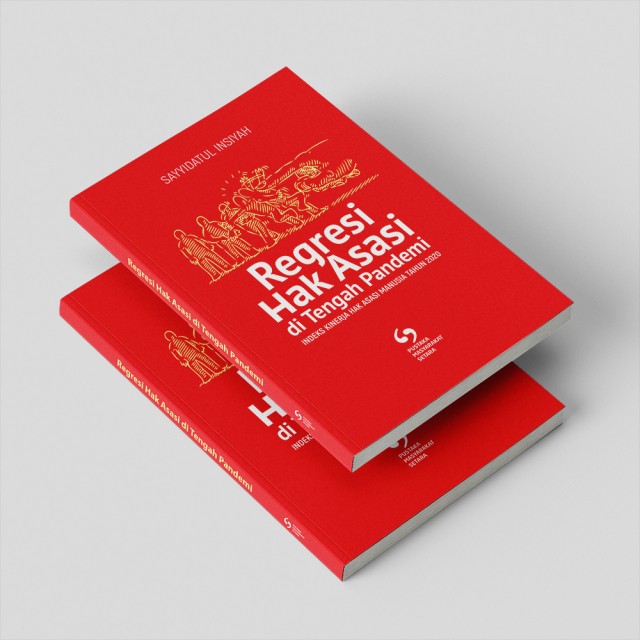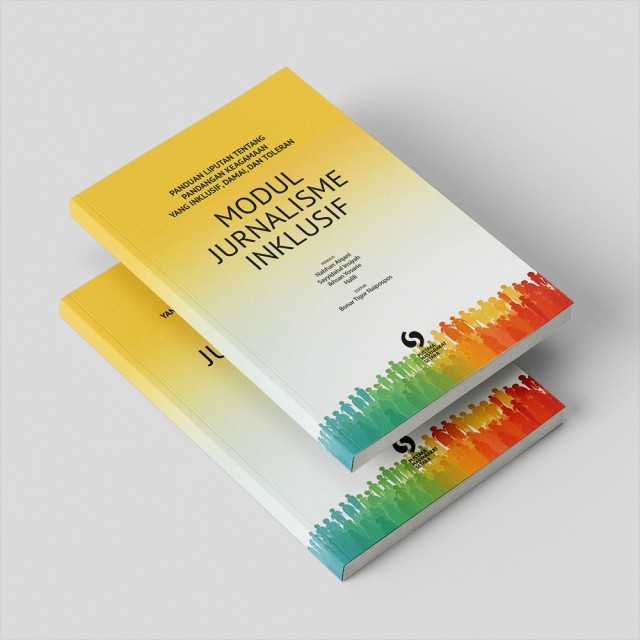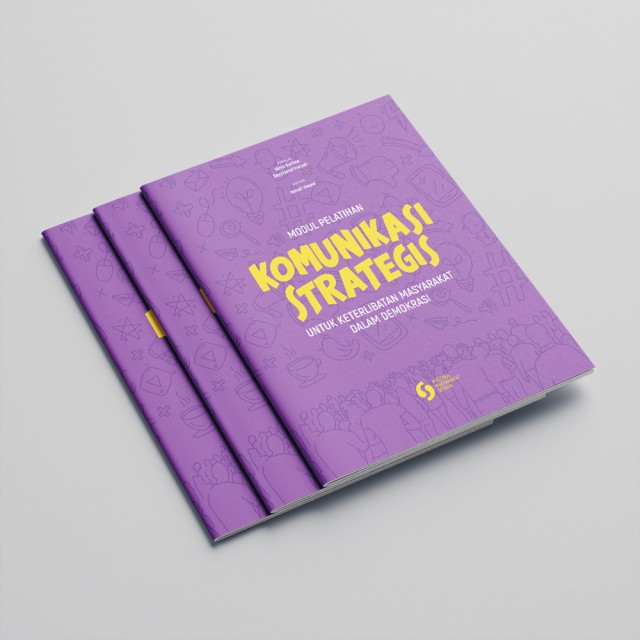DESKRIPSI
The increase in the number of religious blasphemy cases following reformation has prompted many parties to question the existence of Law No. 1/PNPS/1965 on Blasphemy. The Law has been effectively used as a tool of subjugation by the political power as a product of reformation. After publishing a research report on Religious Blasphemy Regime 1965-2017 (Rezim Penodaan Agama 1965-2017) in February 2017, SETARA Institute also conducted research on the impact of blasphemy laws in many countries around the world.
It must be admitted that the case of Basuki Tjahaja Purnama in 2016-2017 was one of the most absurd cases of religious blasphemy due to the non-fulfillment of criminal elements in the legal act committed by Basuki. Although the court has convicted the guilty party, it is clear that the judge was hesitant to put aside the demand for religious blasphemy in the verdict of Basuki’s case. However, Basuki’s case has brought negative effects for the protection of human rights. No less than 4 cases of religious blasphemy were reported after Basuki’s sentence. Of course these cases are also not worthy of being qualified as a criminal offense, but still processed by law enforcement officers due to the influence of mobs on blasphemy trials.
This report, entitled REPLACE BLASPHEMY WITH INCITEMENT: How Indonesia should Promote Religious Harmony While Upholding Human Rights, is a report written only in English by Allison DiMase, a graduate student at the Fletcher School of Law and Diplomacy at Tufts University in the United States. As an intern How Indonesia should Promote Religious Harmony while Upholding Human Rights in SETARA Institute, Ms. DiMase contributed to completing SETARA Institute research with an international perspective to capture the research report on religious blasphemy published earlier.[]


